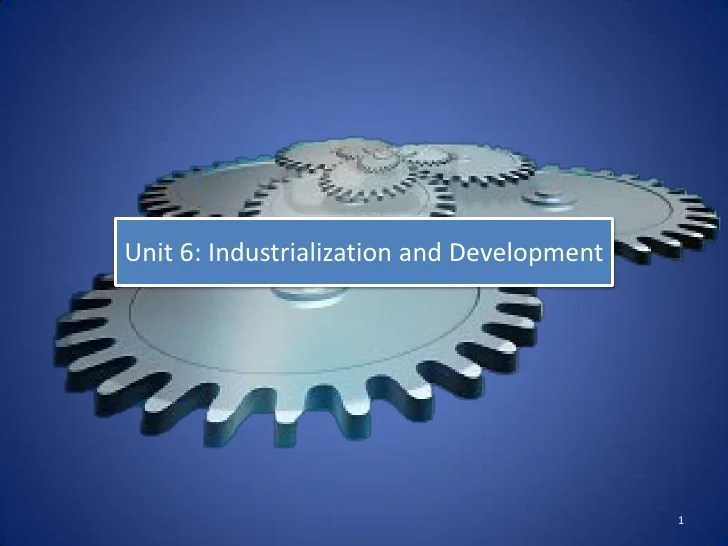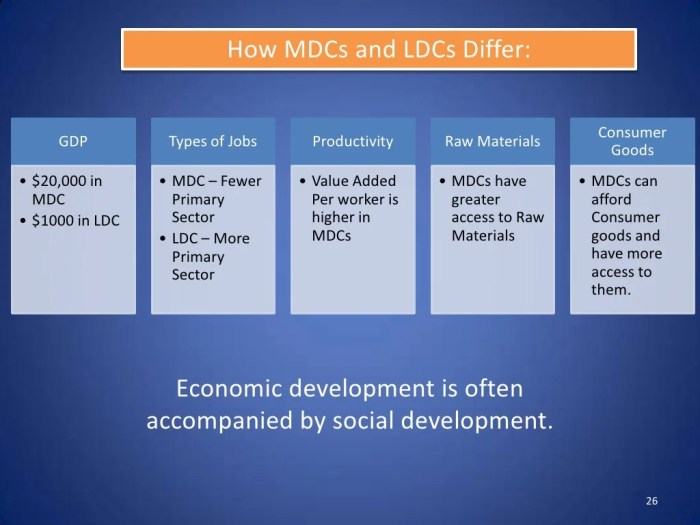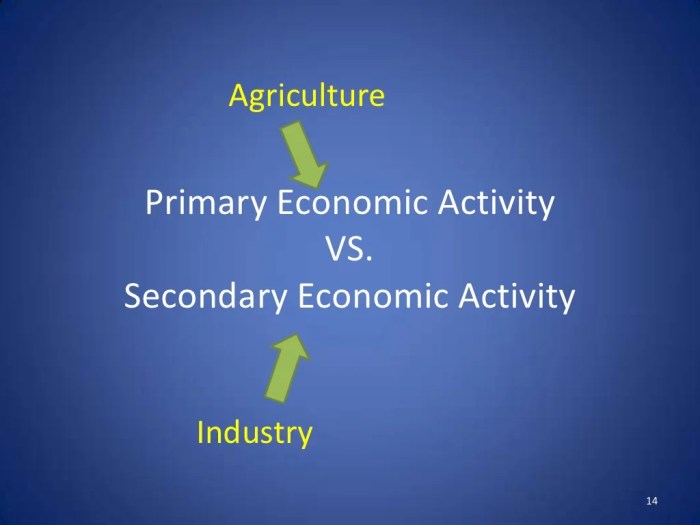Contemporary manufacturing ap human geography stands as a testament to the transformative power of technology and innovation in shaping modern economies and societies. This field of study delves into the cutting-edge practices, trends, and implications of manufacturing in the 21st century, offering a comprehensive understanding of its impact on our world.
As we navigate the ever-evolving landscape of manufacturing, contemporary manufacturing ap human geography provides invaluable insights into the key components and trends that are driving this transformation. From flexible production systems and advanced robotics to data analytics and sustainable practices, this field of study unveils the intricacies of modern manufacturing.
1. Contemporary Manufacturing
Overview and Significance

Contemporary manufacturing refers to the modern practices and technologies employed in the production of goods. It is characterized by a focus on efficiency, automation, and flexibility to meet the demands of a rapidly evolving global market.
Technology and automation play a crucial role in shaping contemporary manufacturing practices. Advanced machinery, robotics, and computer-aided design (CAD) software enable manufacturers to streamline production processes, reduce labor costs, and enhance product quality.
Key Industries Embracing Contemporary Manufacturing
- Automotive
- Aerospace
- Electronics
- Pharmaceuticals
- Food processing
2. Key Components and Trends in Contemporary Manufacturing

Essential Components of Contemporary Manufacturing Systems
- Flexible production systems: Allow for rapid adjustment to changing production demands.
- Advanced robotics and automation: Enhance productivity, reduce labor costs, and improve safety.
- Data analytics and process control: Provide real-time insights into production processes, enabling optimization and decision-making.
Emerging Trends and Advancements
- Additive manufacturing (3D printing): Enables rapid prototyping, customized production, and complex part manufacturing.
- Smart factories and Industry 4.0: Integrate advanced technologies to create autonomous and self-optimizing production systems.
- Sustainable and environmentally friendly manufacturing practices: Reduce environmental impact and promote resource conservation.
3. Impact of Contemporary Manufacturing on Society and Economy

Positive Impacts
- Job creation and economic growth: Contemporary manufacturing generates employment opportunities in various sectors.
- Improved product quality and efficiency: Automation and technology enhance product quality and reduce production time.
Negative Impacts
- Environmental concerns: Manufacturing processes can contribute to pollution and resource depletion.
- Job displacement: Automation may lead to job losses in certain sectors.
Challenges and Opportunities for Governments and Policymakers
- Addressing job displacement and providing training programs for displaced workers.
- Promoting sustainable manufacturing practices to mitigate environmental impacts.
- Investing in research and development to advance contemporary manufacturing technologies.
4. Regional and Global Implications of Contemporary Manufacturing
Geographic Distribution of Contemporary Manufacturing Industries
Contemporary manufacturing industries are concentrated in developed regions, such as North America, Europe, and East Asia.
Impact on Regional Economies and Global Supply Chains, Contemporary manufacturing ap human geography
- Economic growth and job creation in regions with manufacturing hubs.
- Increased efficiency and cost reduction in global supply chains.
Role of Trade Agreements and Economic Policies
Trade agreements and economic policies influence the location and competitiveness of manufacturing industries globally.
5. Future Directions and Innovations in Contemporary Manufacturing: Contemporary Manufacturing Ap Human Geography
Potential Future Directions and Innovations
- Artificial intelligence and machine learning: Enhance decision-making, optimize processes, and improve product design.
- Advanced materials and nanotechnology: Create lightweight, durable, and sustainable materials.
- Personalized and customized manufacturing: Cater to individual consumer preferences and create tailored products.
Implications for the Future of Manufacturing and Society
These innovations will revolutionize manufacturing processes, leading to increased efficiency, product diversification, and job creation in new sectors.
Key Questions Answered
What is the significance of contemporary manufacturing?
Contemporary manufacturing plays a crucial role in driving economic growth, improving product quality and efficiency, and fostering innovation.
How has technology influenced contemporary manufacturing?
Technology has revolutionized manufacturing through automation, robotics, data analytics, and advanced materials, leading to increased productivity, reduced costs, and enhanced product quality.
What are the key challenges facing contemporary manufacturing?
Contemporary manufacturing faces challenges such as job displacement due to automation, environmental concerns related to resource consumption and waste generation, and the need for skilled workers to operate and maintain advanced technologies.
